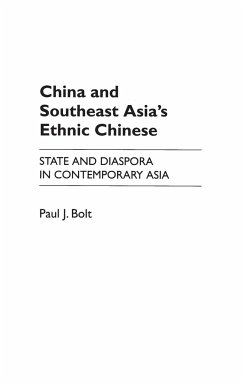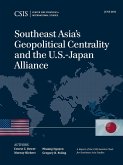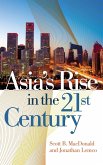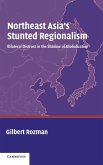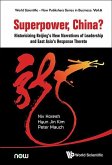Bolt uses the relationship between China and Southeast Asia's ethnic Chinese as a case study, and he focuses on the potential role of a diaspora in the economic and political development of its homeland as well as the role of the state in dealing with transnational economic actors. He examines China's post-1978 policy of attracting ethnic Chinese investment in light of historical relations between China and its diaspora community, demonstrating that China has, through various measures, consistently aimed at tapping the resources of Asia's ethnic Chinese. He then analyzes the contributions that ethnic Chinese have made to China's development, showing that such contributions have been tremendously important both in terms of the accumulation of capital and the transfer of business skills. Bolt probes how ethnic Chinese intervention in China's economy has affected the politics of the Chinese state. He concludes by looking at the international implications of Chinese development being spurred largely by a Chinese diaspora community, and he demonstrates how China's efforts to attract ethnic Chinese investments have complicated China's relations with Southeast Asia and led to discussions of a Greater China. An important analysis for scholars, researchers, and policy makers involved with contemporary Southeast Asian and Chinese political, military, and economic issues.
Hinweis: Dieser Artikel kann nur an eine deutsche Lieferadresse ausgeliefert werden.
Hinweis: Dieser Artikel kann nur an eine deutsche Lieferadresse ausgeliefert werden.

